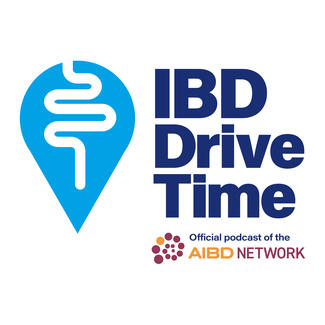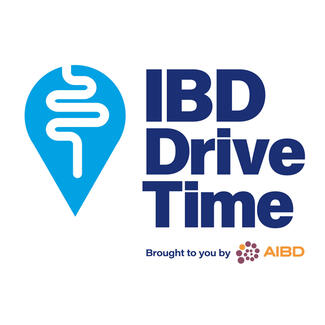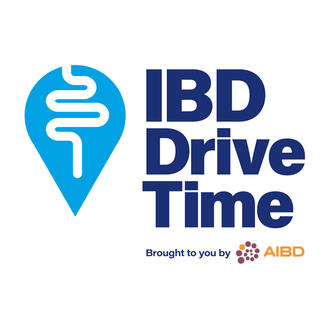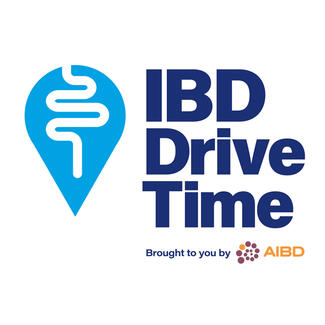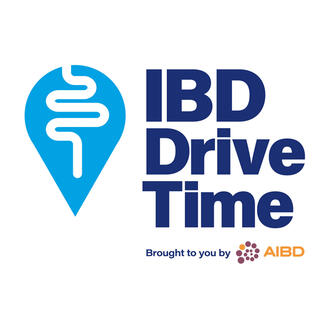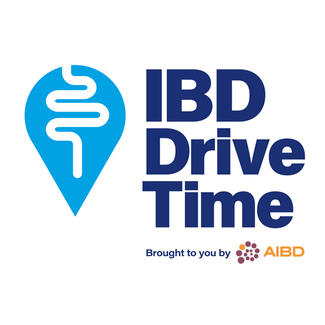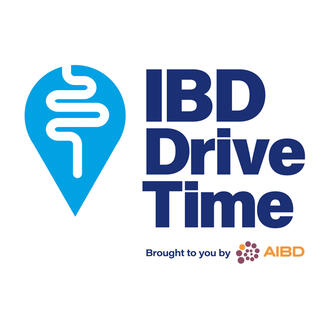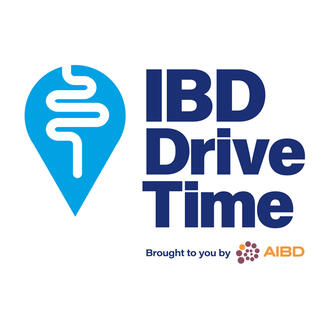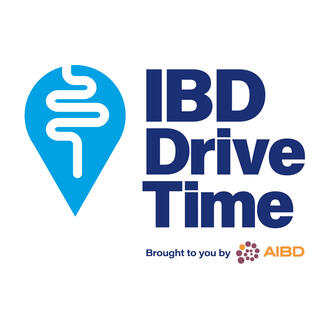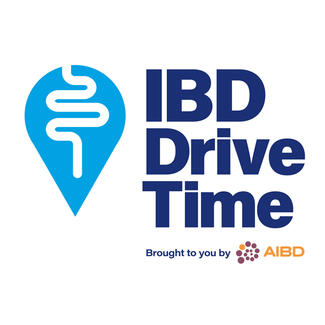Survey Reveals Clinician Dissatisfaction with EHR Use in IBD Care
A national survey published in The American Journal of Gastroenterology of inflammatory bowel disease (IBD) specialists across leading U.S. programs has revealed widespread dissatisfaction with electronic health records (EHR), highlighting a clear need for system improvements to support clinical efficiency and patient care.
This study provides the first focused assessment of EHR-related challenges among IBD providers in the United States.
Of 65 targeted participants, 46 clinicians completed the survey (70.8% response rate), the majority of whom were physicians (89%). Every respondent—100%—agreed that there are opportunities to improve current EHR platforms for IBD care.
Notably, nearly half of the clinicians expressed concerns that EHR systems do not add value to clinical care in IBD. “Nineteen (41.3%) clinicians felt that their EHR does not enhance IBD patient care,” the study reported. These findings suggest a disconnect between the intended functionality of digital tools and the specific demands of managing complex, chronic conditions such as IBD.
While the survey did not quantify specific pain points, the uniform response in favor of improvement underscores the extent of the issue. The study noted, “All clinicians (100%) believe there are opportunities for EHR improvement,” emphasizing the universal sentiment for reform across practice settings.
The burden of documentation and workflow inefficiencies has been well-documented in other specialties, but this survey is the first to capture the perspectives of IBD clinicians specifically. These providers manage a population with fluctuating disease activity, immunosuppressive therapies, and frequent surveillance needs, making seamless, intuitive EHR functionality especially critical.
“This is the first IBD program survey in the United States showing significant dissatisfaction and opportunity for EHR enhancements to improve patient care,” the authors concluded.
For gastroenterologists, these findings underscore a growing concern within the specialty: that existing digital infrastructure may be hindering, rather than helping, the delivery of optimal care. As IBD treatment becomes increasingly personalized and data-driven, the demand for tailored, specialty-specific EHR features will continue to rise, the authors stated.
Improving EHR usability, integrating disease activity indices, and reducing documentation burden may be key areas of focus to support IBD clinicians and enhance clinical outcomes. This study provides a foundational step in understanding and addressing the digital needs of a highly specialized field.
Reference
Saleh H, Horst S, Kinnucan J. Dissatisfaction and barriers in electronic health record use for inflammatory bowel disease patients: a nationwide survey of major ibd centers. Am J Gastroenterol. Published online June 16, 2025. doi:10.14309/ajg.0000000000003598








